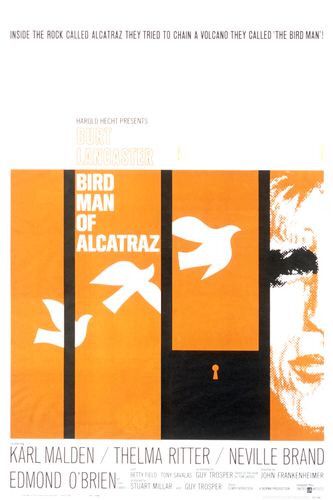
In our fast-paced world, the ability to say “no” gracefully is an essential skill. Both Sai Baba and Chanakya, two revered figures in Indian philosophy, offer timeless wisdom on how to decline requests without guilt or harshness.
Sai Baba’s Approach: Compassion and Respect
Sai Baba, in Chapter XIX of the Sai Satcharitra, teaches us that when someone approaches us for help, particularly financial assistance, we are not obligated to comply if we do not wish to. However, it is crucial to maintain respect and compassion in our response. Baba emphasized that while we may choose not to give, we should never resort to harsh language or actions that cause pain. In the chapter, Baba narrates, “If anyone comes to you for money, you need not give if you do not like so, but you should not abuse or use harsh language and cause pain.” This approach underscores the importance of kindness and empathy, reminding us that our words and demeanor can have a lasting impact on others.
Chanakya’s Wisdom: Boundaries and Honesty
Chanakya, the ancient Indian philosopher and strategist, also provides valuable insights into the art of saying no. His teachings focus on the importance of setting boundaries and being honest about our limitations. According to Chanakya, knowing your limits is key to avoiding burnout and overcommitment. He advises that it is better to decline upfront than to overpromise and under-deliver, which can lead to unnecessary stress and disappointment.
Chanakya also highlights the importance of choosing your company wisely. Surrounding yourself with supportive people who respect your boundaries can make it easier to say no when necessary. His emphasis on diplomacy and tact in communication aligns with Sai Baba’s teachings, suggesting that a kind and honest “no” is always preferable to a reluctant “yes.”
Practical Tips for Saying No
- Assess Your Capacity: Before agreeing to a request, consider whether you have the time and energy to fulfill it without compromising your well-being.
- Be Honest and Direct: Clearly communicate your inability to help, without making false promises or excuses.
- Maintain Respect: Use polite language and express empathy, ensuring that your refusal does not come across as dismissive or harsh.
- Set Boundaries: Protect your time and energy by establishing clear boundaries with those who frequently seek your assistance.
- Practice Diplomacy: Decline requests gracefully, using tact and understanding to maintain positive relationships.
By integrating the teachings of Sai Baba and Chanakya, we can learn to say no with confidence and compassion, preserving our well-being while maintaining respectful and harmonious interactions with others.
References:


